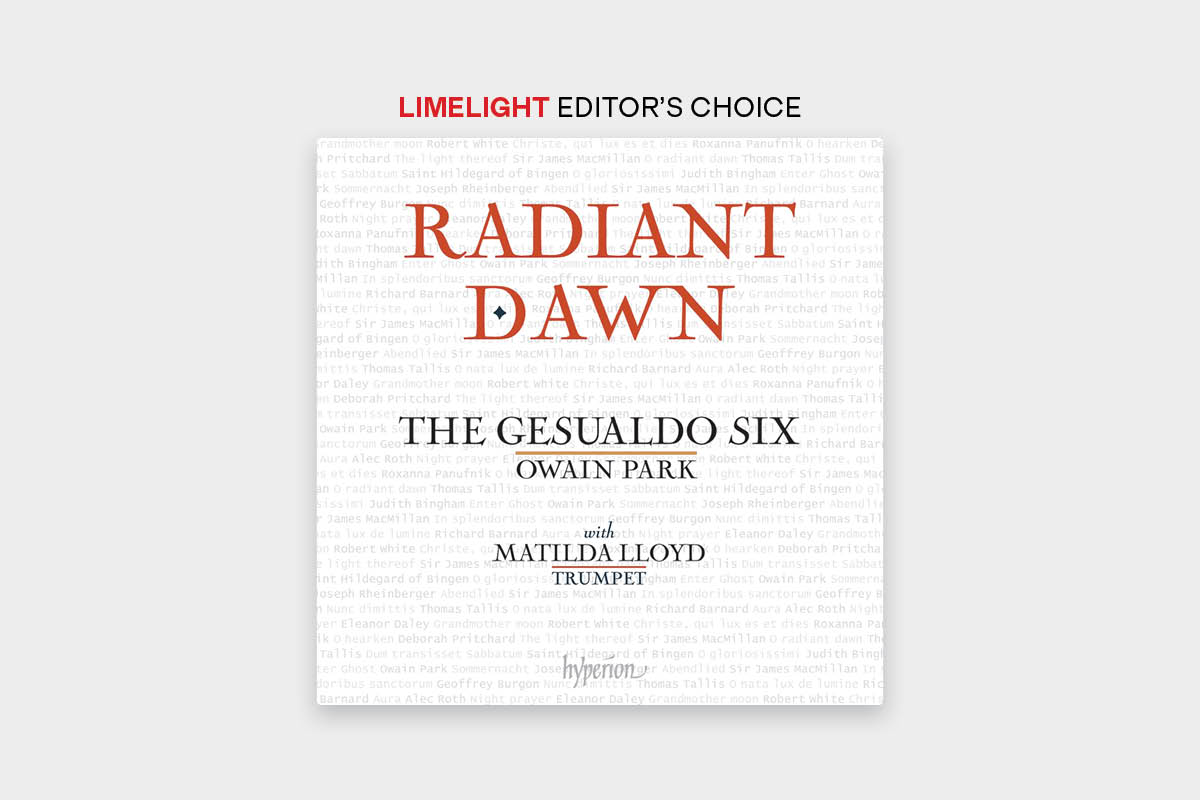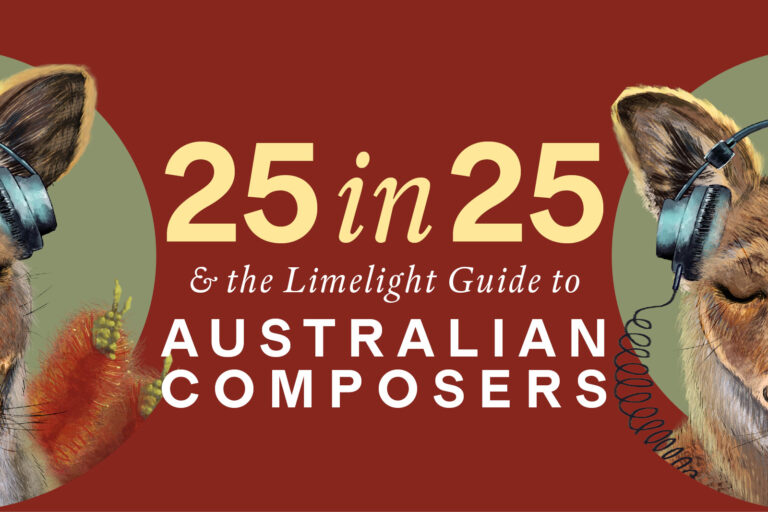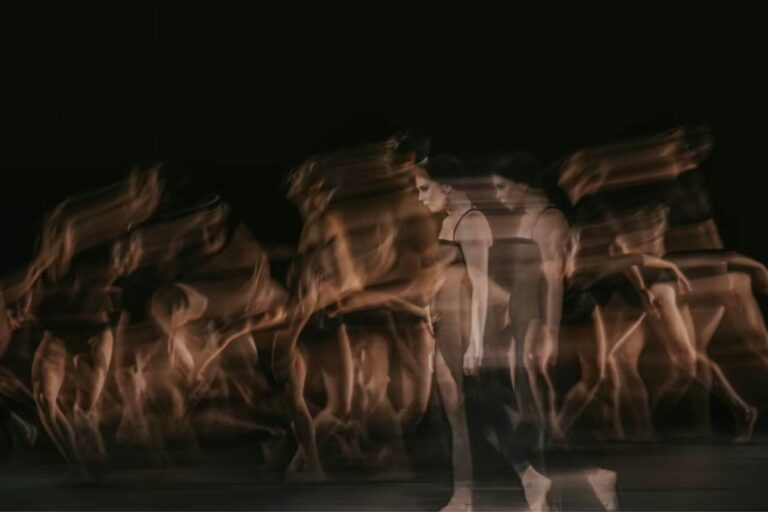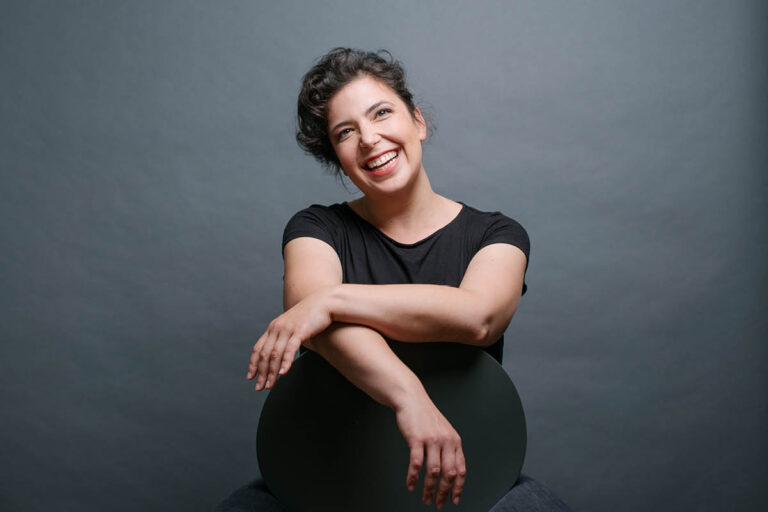When it appeared in 1861, Hymns Ancient and Modern was a groundbreaking collection of hymnody for the Church of England. Over a century later, having been through myriad editions, A&M began to be referred to by disenchanted organists as “Ancient and Mouldy”. Be assured there is nothing the slightest bit mouldy about this engrossing and expertly woven musical tapestry of choral music ancient and modern.

For their tenth album, The Gesualdo Six play decidedly to their strengths: plainchant and English polyphony melded with well-crafted contemporary creations. In this program that explores “different shades of light through music”, they are joined by trumpeter Matilda Lloyd, who is in every respect their musical equal.
Alex Roth’s Night Prayer is the perfect curtain raiser, riffing on the chant melody of the compline hymn Te lucis ante terminum and atmospherically blending its Latin text with an English translation to which Lloyd adds some soaring final touches.
English polyphony is represented in part by two Tallis classics. The simplicity of O nata lux,...
Continue reading
Get unlimited digital access from $4 per month
Already a subscriber?
Log in










Comments
Log in to start the conversation.